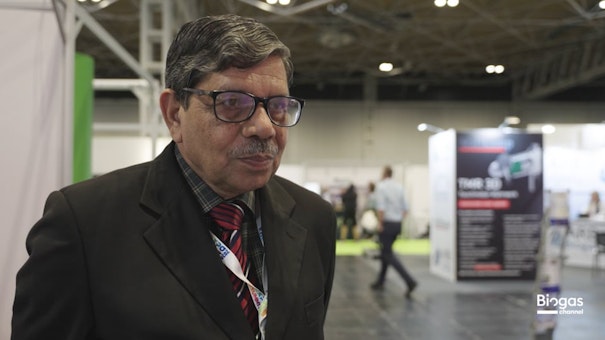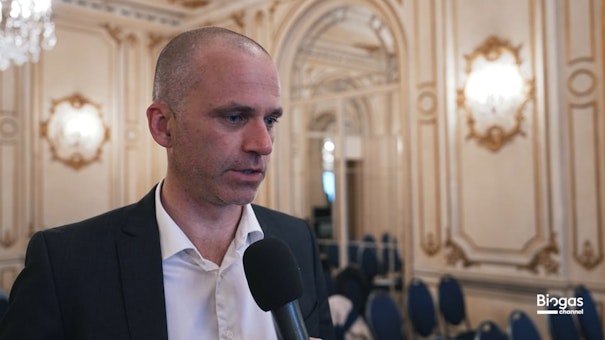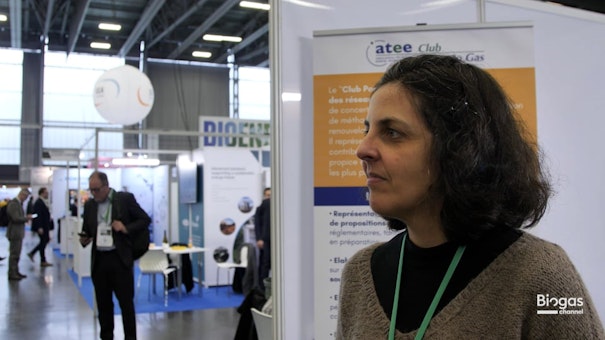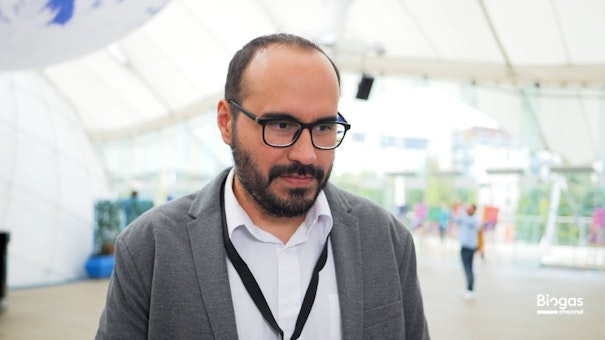3.15.2022
Anaerobic digestion from fruit and vegetable markets waste in Dhaka, Bangladesh
Landfill and Waste
Dhaka is the most populated city in Bangladesh and the 10th largest city in the world by population. With its 15 million inhabitants, it is not a surprise that today the collection and disposal of municipal waste has become a problem. Luckily, scientists at the Wageningen Food & Biobased Research Centre have determined that most of this waste (which is now dumped in saturated landfills) is biodegradable organic waste largely from the fruit and vegetable markets that fill the city. In these cases, anaerobic digestion is the winning solution. A biogas plant would not only aid with the waste disposal and reduce transportation and landfill costs, but it would also help generate electricity and income. Learn more about the study carried out by the Wageningen Food & Biobased Research Centre in this interview.
Original language: English
Origin: Bangladesh
Speaker
Juliën Voogt
Scientist, Wageningen Food & Biobased Research
Next videos
02:28

9.16.2024
In India, 60 million tons of waste per year is an opportunity to generate biogas
N P Singh
01:31

8.6.2024
Eleven anaerobic digestion plants from organic waste: Severn Trent ranked first for biogas production in the UK
Christer Stoyell
03:40

3.7.2024
Power to Methane Technology: Benefits When Integrated with Biogas Plants
Malika Madoui-Barmasse
02:01

1.23.2024
Waste management for low carbon heat generation
Christian Calvillo Munoz
